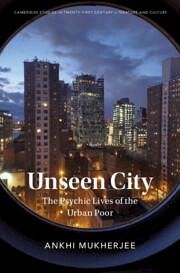
Biopolitical Futures in Twenty-First-Century Speculative Fiction
Versandkostenfrei!
Versandfertig in 1-2 Wochen
44,99 €
inkl. MwSt.
Weitere Ausgaben:

PAYBACK Punkte
22 °P sammeln!
This book demonstrates how developments in biotechnology such as cloning, synthetic biology, surrogate pregnancies, organ transplants and more have significant implications for personhood, ethics, and governance. Drawing attention to the commodification of life, it shows how the biological functions of life itself are shaped to economic agendas.













